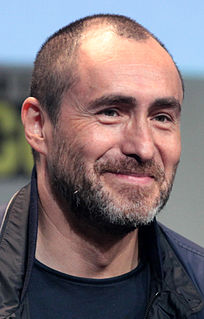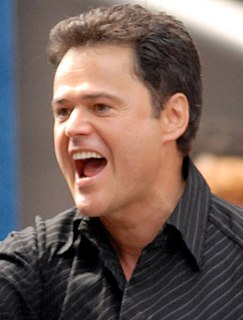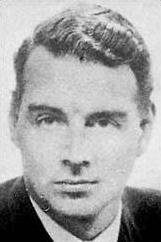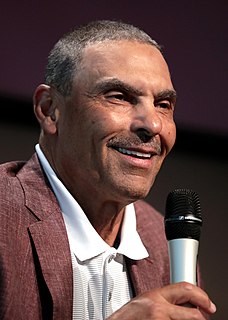A Quote by Lewis Black
I really wanted to talk about the War on Terror and say that both sides were completely incompetent [in addressing it]. You can't blame the other side when you're involved in it.
Quote Topics
Related Quotes
To reconcile conflicting parties, we must have the ability to understand the suffering of both sides. If we take sides, it is impossible to do the work of reconciliation. And humans want to take sides. That is why the situation gets worse and worse. Are there people who are still available to both sides? They need not do much. They need do only one thing: Go to one side and tell all about the suffering endured by the other side, and go to the other side and tell all about the suffering endured by this side. This is our chance for peace. But how many of us are able to do that?
The part of the strangeness of coming back from the war is the way we talk about it. We try to have a discussion about the war that doesn't turn into a discussion about one political side or the other. I wanted to reach out and talk to people about it through fiction, the way a narrative can draw someone in and ask them those questions.
"The War on Consciousness" is really all physical manifestations and all those problems are ultimately just a war on your way of thinking. Especially now, when we're involved in the war on terror. Terror is a psychological term. Terrorism is a political term. Terrorist is a sociopolitical term. But terror is a psychological thing.
Well, I think it's kind of interesting how the Osmond name has been really seen on both sides of the pendulum. There's obviously the bubblegum side, but for people who really know about music, it's clear on the other side. As a matter of fact, I find it quite ironic that Metallica used to cover 'Crazy Horses.' It was a cutting-edge album.
I think there's evil on both sides [of Syria], and I think that's one reason I don't want to be involved in civil war. I see things in personal terms. I just can't see sending one of my sons - or your son or daughter - to fight in a civil war, where on one side we have a dictator, who in all likelihood gassed his people.
The World War I, I'm a child of World War I. And I really know about the children of war. Because both my parents were both badly damaged by the war. My father, physically, and both mentally and emotionally. So, I know exactly what it's like to be brought up in an atmosphere of a continual harping on the war.


































